It is unfortunate when a child experiences trauma and loss. Parents and caregivers are often not prepared and are at a loss. How can parents and caregivers respond to children’s trauma?
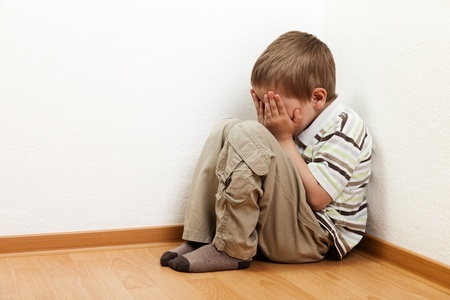
What is Trauma?
To the general population, the word trauma is often used to describe extremely negative events that may evoke distress and may be overwhelming. Usually when these events threaten one’s physical integrity, it is considered traumatic. For example, traumatic events may be brought on by natural disaster, vehicle accidents, mass violence (war, riot), physical assault, and sexual assault. Sometimes, just witnessing another person, especially family members, involved in a traumatic event can vicariously traumatise a child.
Reaction to trauma
Children react to traumatic events differently. Some experience minimal negative effects. Many, however, may experience some selected short term traumatic symptoms that last a few hours or several days. When the symptoms associated with trauma escalates or lasts longer than one month, attention by professionals may be required.
Symptoms commonly associated with trauma:
- Sleep disturbance
- Poor attention and concentration not usually experienced by the child
- Increased anxiety
- Re-experiencing the event through recurrent disturbing thoughts or images (may happen in recurrent bad dreams)
- Irritable behaviour, angry outburst with little or no provocation, temper tantrum
Practical suggestions for immediate response
For children up to 2 – 2.5 years:
- Maintain daily routine (e.g.: eating and sleeping)
- Avoid unnecessary separation from the child’s main caregivers
- Avoid exposing the child to reminders of trauma
- Keep calm in the child’s presence
- Allow additional soothing activities (such as cuddling and story telling before sleeping) if necessary
For children 2.5 to 6 years:
- Listen and allow your child to talk about the event.
- Pay attention to possible misunderstanding of the event (e.g.: magical thinking, self-blaming, etc).
- Help your child to gain a more realistic understanding of the event.
- Respect your child’s fear. Assure your child that it is normal to have these feelings considering what has happened.
- Assure your child that these feelings will diminish over time.
- Avoid exposing the child to reminders of trauma.
- Be mindful that TV programmes, movies, news, being near the location, and other physical reminder of the event may cause a child to re-experience the trauma.
- Expect and understand that the child may display some uncharacteristic behaviour while at the same time try to maintain household rules.
- Try to maintain household and family routine. This may not be the best time to introduce new experiences.
- Allow extra night time comfort. Be accommodating when your child asks for nightlights, extra stuffed animals, or longer cuddling time.
For school-age children and adolescents (In addition to the above)
- Encourage your child to talk about the event with family members and share his/her feelings.
- Listen carefully and be accepting of your child’s feelings.
- Remind your child that these feelings are normal although they may be hard to tolerate. Assure that these feelings will decrease in intensity over time.
- Keeping a journal, if your child is so inclined, may help your child to express and process confusing thoughts and feelings privately.
- Picture journaling may be an option for children who enjoy drawing.
- Maintain open communication with the school staff. Monitor your child’s ability to cope with school demands.
- Expect some adverse effect to school performance.
- Do not come down hard on your child. Instead, help your child to accept that this is understandable and it is only temporary.
- Allow opportunity to spend time with friends and other supportive adults.
- Encourage your child to engage in physical activities he/she enjoys (e.g.: cycling, swimming, sports, dancing, etc).
Trauma and Loss
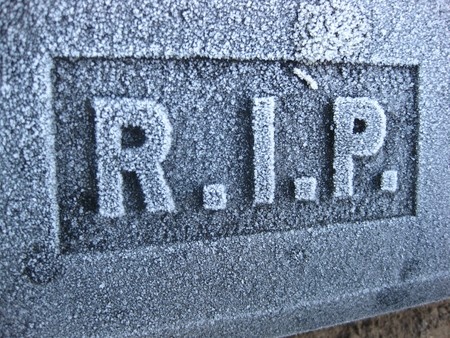
When traumatic events also involves the loss of the child’s main caregiver or other significant family members, the child will need to deal with the grief in addition to the trauma. Trauma symptoms may interfere with the typical bereavement process. The child may experience guilt and self-blame about how others died and how he/she survived.
How to respond to a child impacted with traumatic grief?
- Reaffirm and reassure of care continuity. It will be ideal if familiar family members, relatives or friends can be roped in to provide immediate care.
- Be patient and help the child cope with the many life changes that occur as a result of the death.
- Help the child recall positive memories about the deceased.
- Proceedings to decide home placement may involve intrusive questioning. Be mindful that the child may need longer time to process change. Allow time for the child to accept a new home setting.
By Fitriani Kwik, Psychologist, THK Therapy Services.
If you find this article useful, do click Like and Share at the bottom of the post, thank you.
Want to be heard and seen by over 100,000 parents in Singapore? We can help! Leave your contact here and we’ll be in touch.












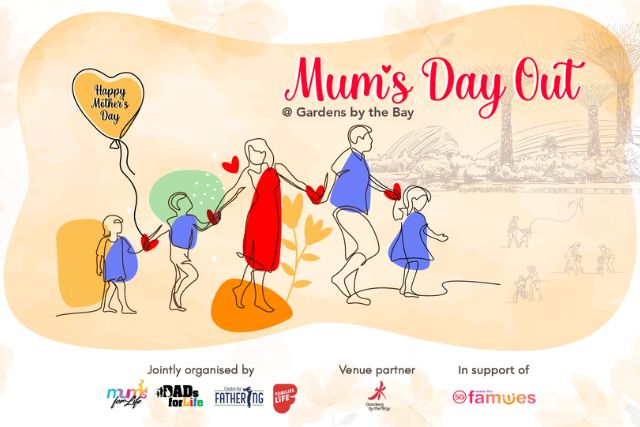


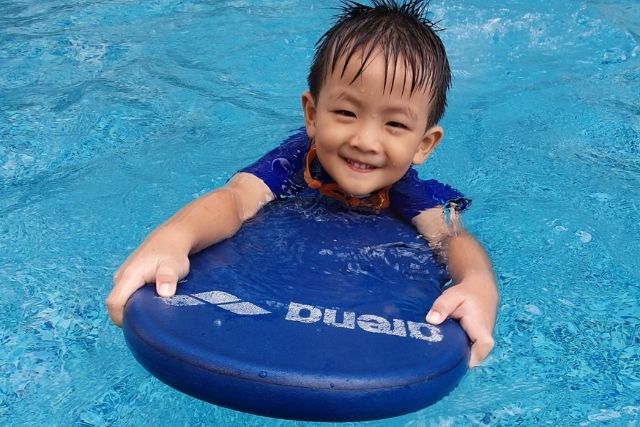





















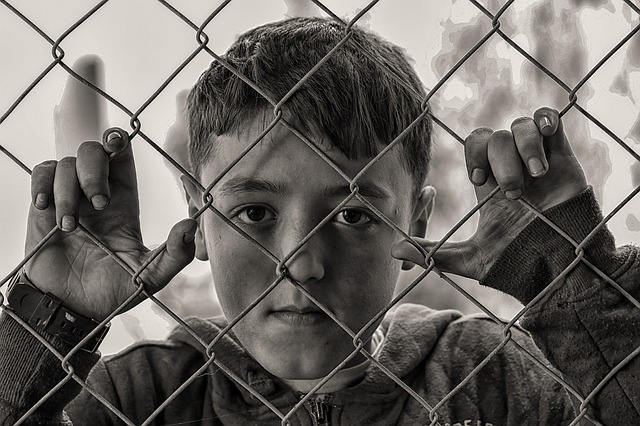
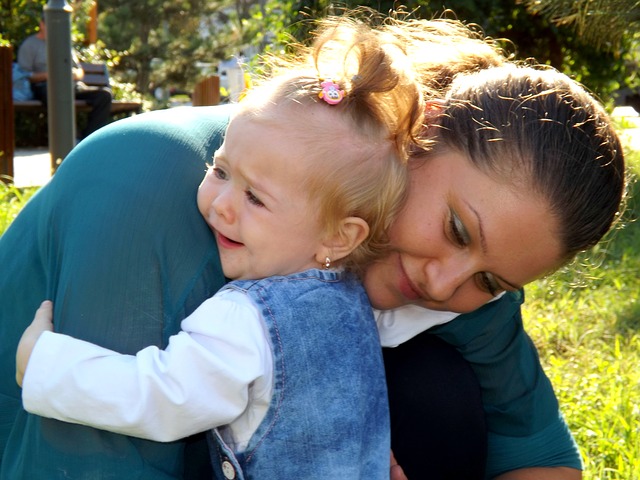

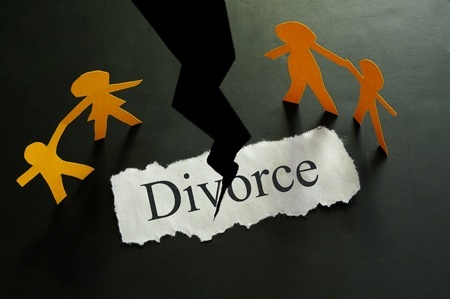
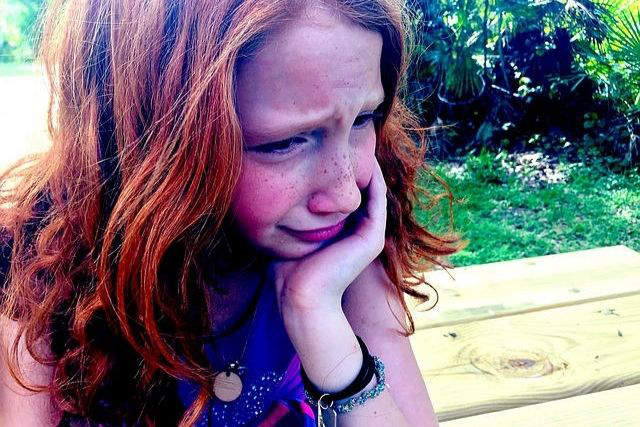


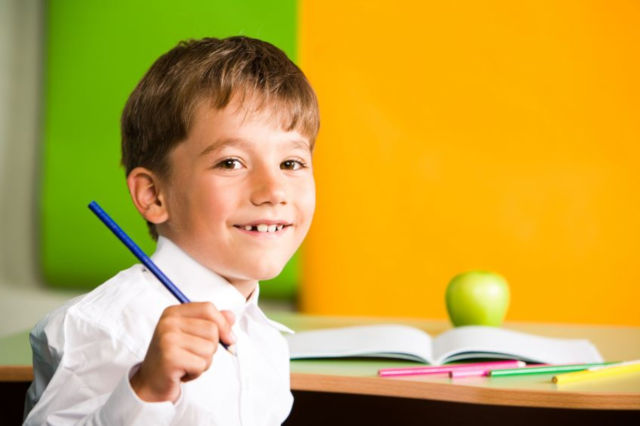
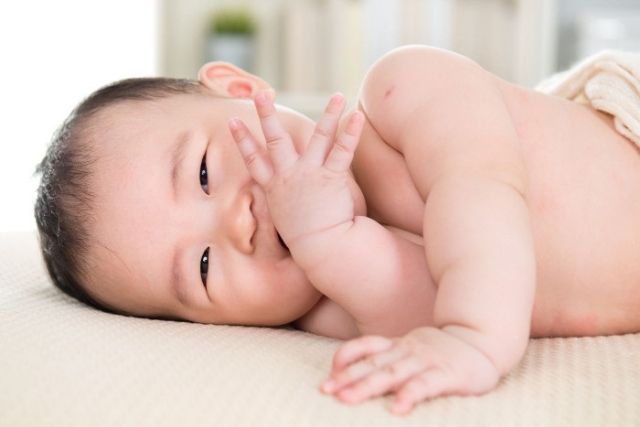
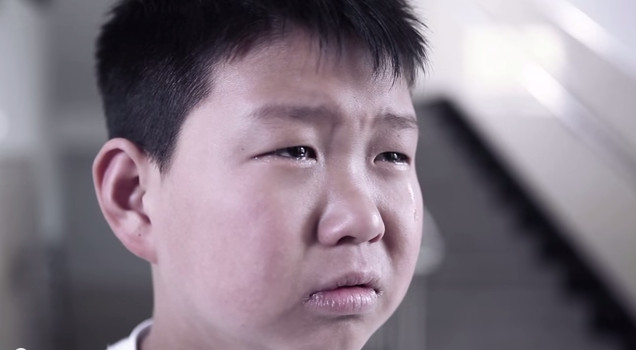

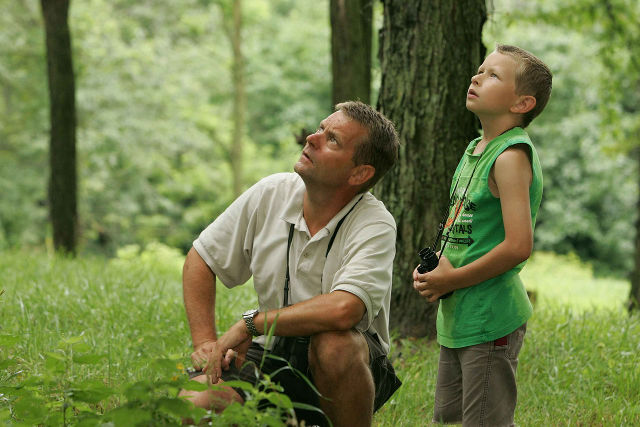









Leave a Comment: